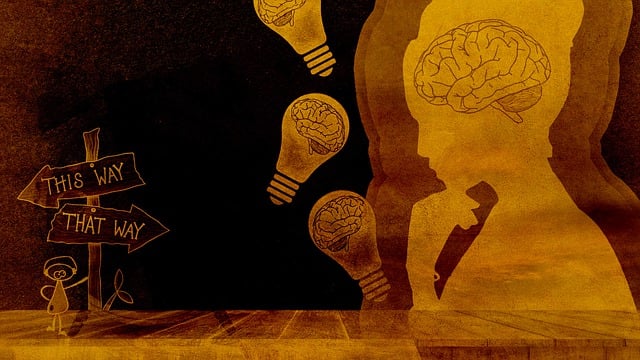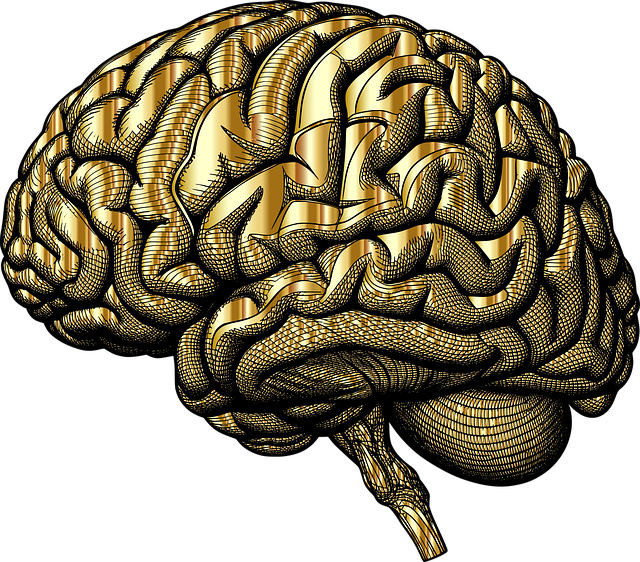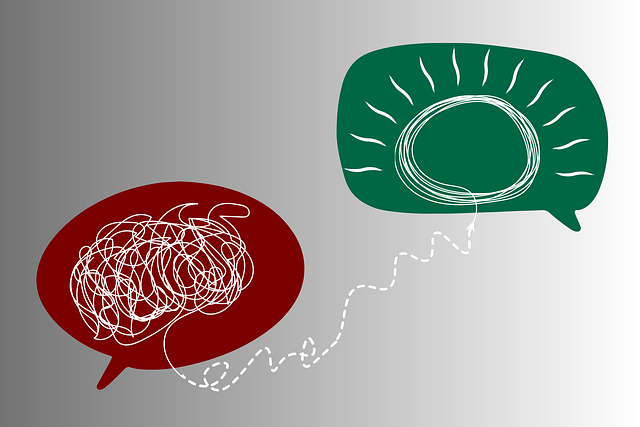Englewood Psychosis Therapy offers culturally sensitive mental health care by recognizing and incorporating individual backgrounds, values, and traditions into personalized treatment plans. This approach leverages emotional intelligence, integrates traditional healing practices, and fosters trust to significantly improve therapeutic outcomes for diverse communities, addressing cultural barriers and enhancing mood management through tailored interventions.
In the diverse landscape of mental healthcare, cultural sensitivity is paramount. This article explores crucial aspects of providing effective treatment while respecting diverse cultural beliefs and values. We delve into specific strategies like Englewood Psychosis Therapy, a culturally responsive approach, and methods to overcome barriers in cross-cultural communication. Understanding these dynamics ensures patient-centered care that respects individuality, fostering successful outcomes for all.
- Understanding Cultural Sensitivity in Mental Healthcare
- The Impact of Cultural Beliefs and Values on Therapy
- Englewood Psychosis Therapy: A Cultural Approach
- Overcoming Barriers to Culturally Responsive Practice
- Strategies for Effective Cross-Cultural Communication
Understanding Cultural Sensitivity in Mental Healthcare

In the realm of mental healthcare, cultural sensitivity is a game-changer, especially when addressing conditions like psychosis in diverse communities. Englewood Psychosis Therapy recognizes that understanding and respecting cultural nuances are integral to effective treatment. Every individual brings their unique cultural lens, shaping their experiences and perceptions of mental health issues. For instance, different cultures may have distinct beliefs about the causes and expressions of psychotic disorders, influencing help-seeking behaviors and treatment preferences.
By incorporating cultural sensitivity, Englewood Psychosis Therapy aims to foster a safe and supportive environment. This involves encouraging open dialogue about cultural backgrounds, values, and traditions. Therapists employ emotional intelligence to adapt their approaches, considering alternative communication methods and incorporating culturally relevant stress reduction methods. Such personalized care enhances mood management, ensuring that treatment aligns with clients’ identities and beliefs, ultimately improving therapeutic outcomes.
The Impact of Cultural Beliefs and Values on Therapy

Cultural beliefs and values play a pivotal role in shaping an individual’s experience with mental healthcare. When providing therapy, especially in diverse communities like Englewood, understanding and respecting these cultural nuances is essential for effective treatment. Different ethnic groups hold unique perspectives on mental health, often influenced by traditional healing practices, spiritual beliefs, and community support systems. For instance, some cultures may emphasize collective well-being over individual symptoms, focusing on family dynamics and community engagement as key factors in recovery.
Incorporating cultural sensitivity into psychosis therapy, such as that offered at Englewood Psychosis Therapy, involves adapting treatment plans to align with these values. This could mean incorporating families or community leaders into therapeutic processes, promoting self-care practices rooted in cultural traditions, and ensuring mental health professionals are well-versed in the specific cultural context of their clients. By doing so, therapists not only foster a sense of trust and understanding but also empower individuals to tap into their inner strength and confidence while navigating challenging mental health issues, ultimately enhancing the effectiveness of programs designed for mental health education.
Englewood Psychosis Therapy: A Cultural Approach

Englewood Psychosis Therapy is a cultural approach that recognizes and respects the diverse backgrounds and experiences of individuals seeking mental healthcare. It emphasizes understanding the patient’s cultural context, including their beliefs, values, and traditions, to provide tailored treatment plans. This approach goes beyond traditional therapy by considering how cultural factors can influence mental health issues and coping mechanisms. For instance, incorporating practices like mindfulness meditation and stress-reduction techniques from the patient’s cultural heritage can enhance therapy effectiveness while fostering a sense of comfort and acceptance.
By adopting this method, mental healthcare professionals can significantly improve anxiety relief and overall well-being for culturally diverse clients. It involves ongoing education and training on risk assessment for mental health professionals to ensure they are equipped to navigate complex cultural dynamics. Through these efforts, Englewood Psychosis Therapy aims to bridge the gap between cultural differences and quality mental healthcare, ultimately promoting more inclusive and effective treatment outcomes.
Overcoming Barriers to Culturally Responsive Practice

Overcoming barriers to culturally responsive practice is a pivotal step for mental healthcare providers aiming to offer effective support to a diverse range of clients. Many challenges stem from unconscious biases, limited cultural knowledge, or communication gaps between caregivers and individuals seeking help, especially in communities like Englewood, where socio-economic factors can significantly impact access to quality care. For instance, language barriers often hinder the delivery of Crisis Intervention Guidance, as culturally tailored resources may be lacking or inaccessible.
To bridge these gaps, professionals must actively engage in continuous learning about different cultural backgrounds and practices, fostering a more inclusive environment. The implementation of Stress Management Workshops Organization can equip individuals with tools to navigate stress and mental health challenges within their cultural contexts. Additionally, the production of Mental Wellness Podcast Series featuring diverse voices can offer accessible platforms for sharing experiences, promoting understanding, and challenging stereotypes. These initiatives contribute to breaking down barriers, ensuring that care is not only culturally sensitive but also empowering for all clients, regardless of their background.
Strategies for Effective Cross-Cultural Communication

Effective cross-cultural communication is a cornerstone of successful mental healthcare practice, particularly in diverse communities where patients and therapists may hail from different cultural backgrounds. At Englewood Psychosis Therapy, we recognize that language barriers, differing communication styles, and unspoken cultural norms can significantly impact therapy outcomes. To bridge these gaps, therapists should engage in active listening, demonstrating empathy and patience while encouraging open dialogue.
Integrating Social Skills Training and risk management planning into the therapeutic process is also vital. Mental health professionals should familiarize themselves with cultural nuances and practices that might influence a patient’s understanding of mental illness and treatment. This knowledge enables practitioners to tailor their approach, ensuring a more inclusive environment. Moreover, a robust risk assessment strategy, which considers cultural factors, helps in identifying potential risks and implementing appropriate safety measures, ultimately enhancing the effectiveness of care.
Incorporating cultural sensitivity into mental healthcare is no longer a consideration but a necessity. By understanding the impact of cultural beliefs and values, healthcare practitioners can tailor their approach, such as in the case of Englewood Psychosis Therapy, to effectively support diverse populations. Overcoming barriers through strategies for cross-cultural communication ensures inclusive practices that honor individual and community identities. This not only enhances therapeutic outcomes but also fosters a more equitable and accessible mental health system.











